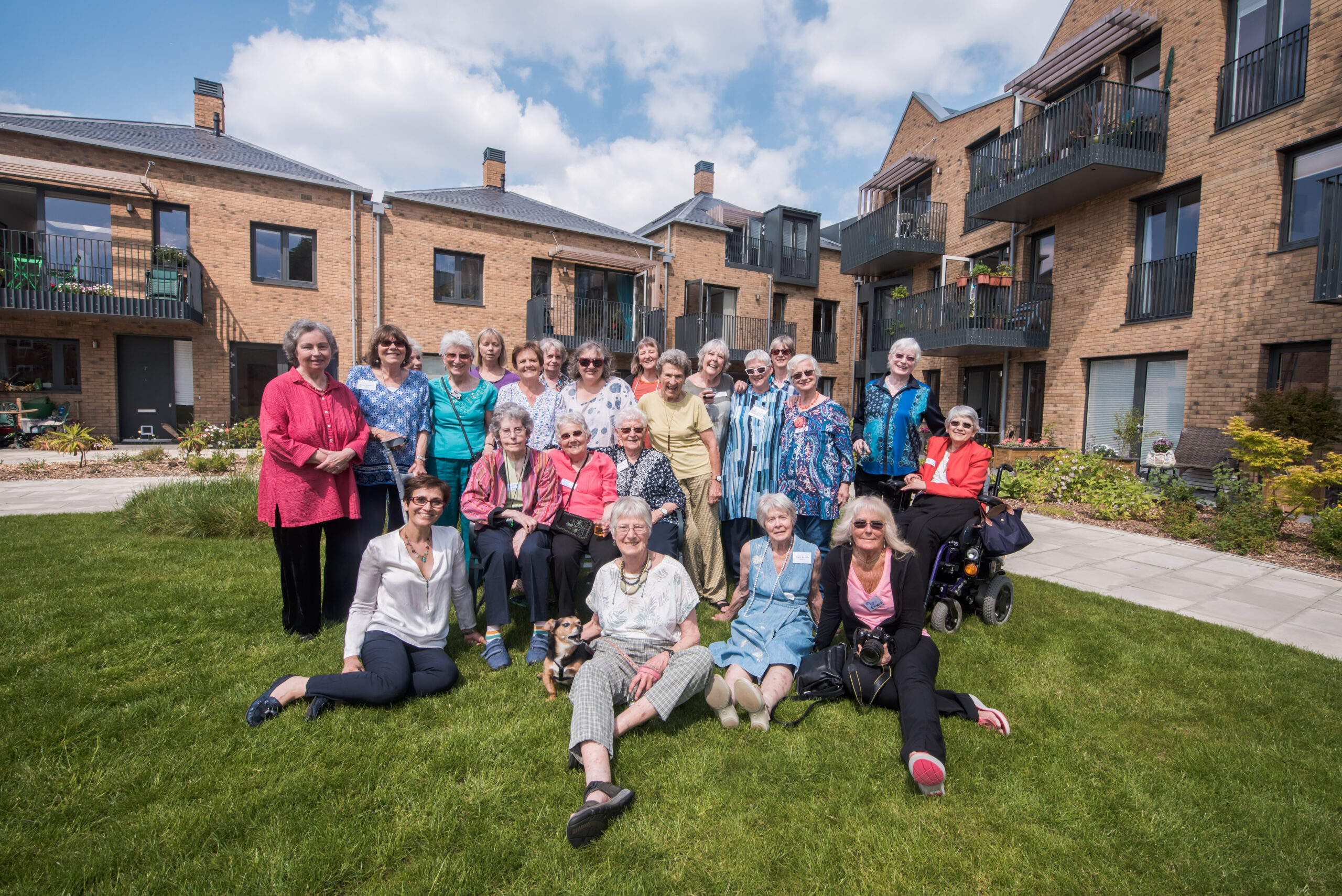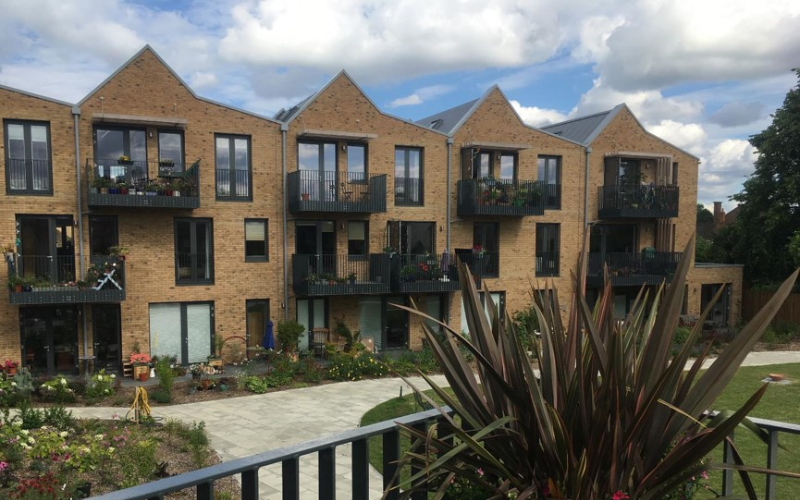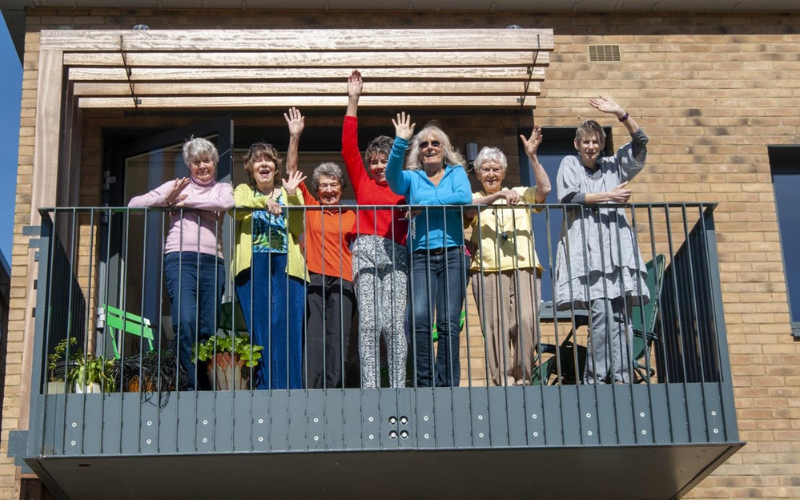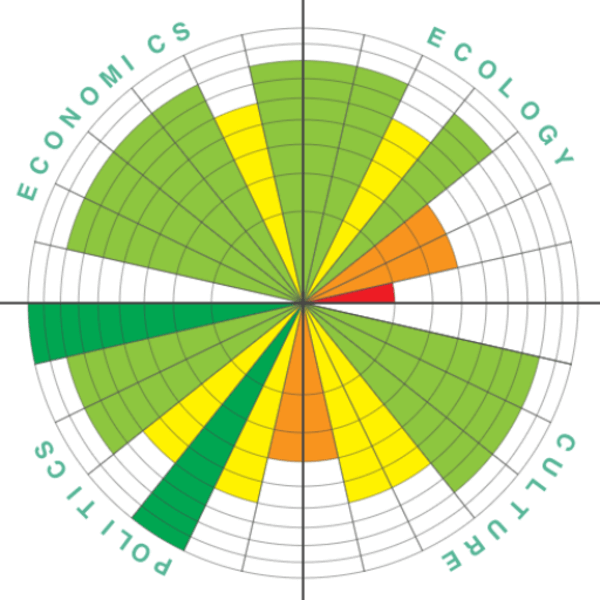 - © World Habitat Awards
- © World Habitat Awards - © World Habitat Awards
- © World Habitat Awards - © World Habitat Awards
- © World Habitat Awards
City
London
Main actors
Private Sector, NGO / Philanthropy, Community / Citizen Group
Project area
Neighborhood or district
Duration
Ongoing since 1999
New Ground is the only dedicated cohousing community for women aged 50-plus in the UK. It delivers a better quality of life and social support through shared living. This project addresses a significant issue – both in the UK and globally – of ensuring adequate care for ageing populations that does not marginalise, de-skill and de-value them. Residents own self-contained homes in a shared building with communal spaces, enabling otherwise isolated women to socialise and support each other.
World Habitat Awards
This project was awarded the 'World Habitat Awards' in 2024 in the following category: Bronze prize.
- The Joseph Rowntree Foundation (1999-2005) with a grant of about £15,000 GBP ($18,557 USD).
- The Tudor Trust (2006-2016) with grants of about £20,000 GBP ($24,738 USD) towards group building, £50,000 GBP ($61,858 USD) and £1, 200,000 GBP ($1,481,412) as capital contribution.
- Hanover Housing Association front funded the development and construction, recouping its investment when the residents moved in and bought the flats. An agreed price per unit (listed above) had been negotiated with Hanover prior to building work commencing.
- Frequency of communal meetings, work teams, gardening days, shared meals and social events
- Involvement of individuals in different projects and building teams
- Integration between owners and social renters
- Countrywide and international interest show in the project
- Demand for workshops on cohousing • Involvement of the community in local charities and organisations 12
- Local residents' involvement in New Ground
- Outdated modes of provision for older people along with ageism, which led to a lot of scepticism from those who could have been potential supporters or collaborators of New Ground.
- Lack of familiarity with the concept of cohousing among UK policymakers, housing developers and local councils, which were resistant to change.
- Top-heavy and bureaucratic structure of large housing associations, which are less willing to partner with community-led initiatives such as New Ground.
- Lack of ready capital finance as New Ground’s residents' assets were only their existing homes.
- Limited access to land and competition from large developers.
- Lack of familiarity with the world of housing development, finance and construction and planning.
- Cohousing Associations/Movements, Australia, Sweden, France, Israel, Canada
- Greater London Authority; Department of Communities and Local Government; UK Cabinet; London Borough of Camden; Winchester City Council, UK
- Nonmarriage community, South Korea
- Short-listed architects on Re-Imagining Elderhood project, funded by Arts Council of Ireland in association with Self Organised Architects (SOA)
- London Older Lesbians Cohousing Groups, UK
External links / documents
On Map
The Map will be displayed after accepting cookie policy

